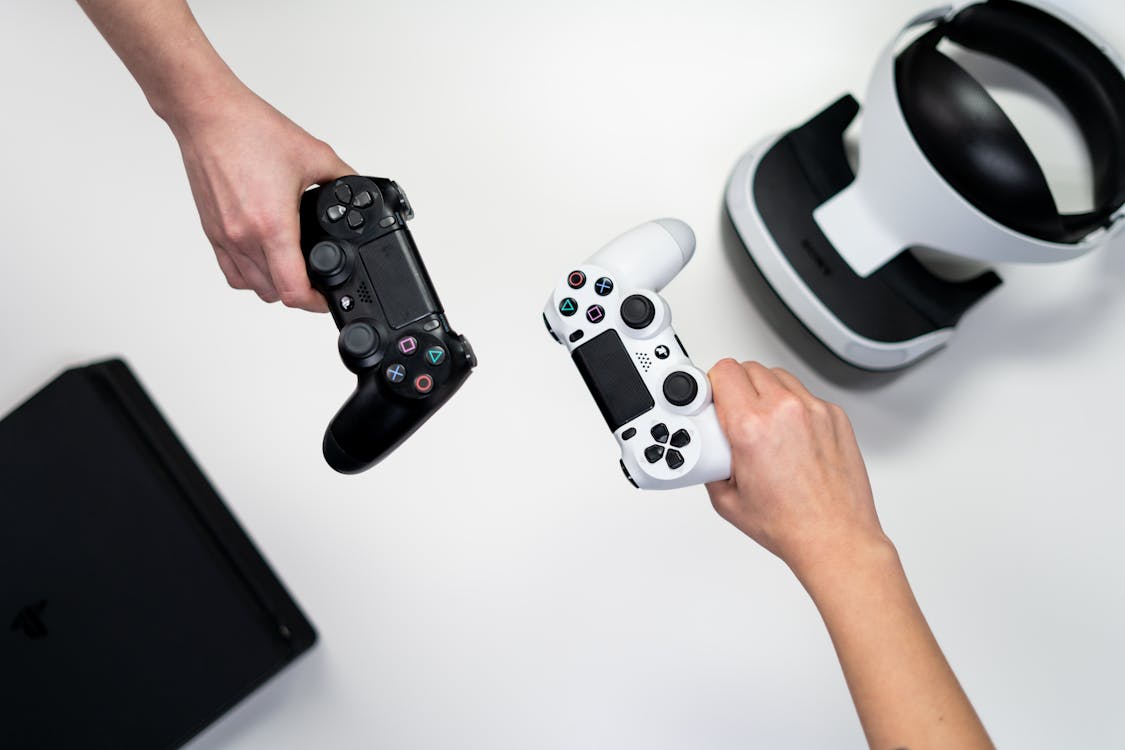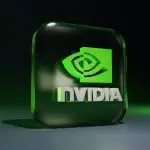
Sony has chosen AMD chips for the upcoming PlayStation 6, bypassing Intel after a competitive bidding process that began in 2022, according to a Reuters report.
The decision follows intense competition between Intel, AMD, and Broadcom. By sticking with AMD, Sony aims to ensure backward compatibility across three console generations, a crucial factor for PlayStation users.
Sources told Reuters that ensuring backward compatibility with prior versions of the PlayStation would have been costly and required engineering resources. This was a significant factor in Sony’s decision to continue its partnership with AMD, which has already proven its capability in this area with the PS4 and PS5.
AMD’s chips have been integral to the success of previous PlayStation consoles. The company’s semi-custom designs for the PS4 and PS5 have delivered impressive performance and efficiency.
As of fiscal 2023, the PlayStation 5 has sold over 20.8 million units since its launch in 2020. Its longevity and success have set a high bar for its successor. The PS5 Pro, set to release this fall at a controversial price of $700, marks the midpoint in the current console generation. However, according to Sony’s regulatory filings, the PS6 is not expected to launch before 2028.
Reuters also reports that Intel’s bid was blocked due to disagreements over profit margins, which prevented a final agreement with Sony. Intel’s foundry business, a key component of CEO Pat Gelsinger’s turnaround plan, would have significantly benefited from the PlayStation 6 contract, potentially generating $30 billion in revenue throughout the contract.
The decision to go with AMD is not just about backward compatibility and profit margins. AMD has been focusing on artificial intelligence (AI), merging its gaming graphics and data center efforts into a single unit called “UDNA,” with a priority on increasing scale at lower price points. This focus on AI aligns with the broader trends in the tech industry, where its capabilities are becoming increasingly important.
In contrast, Intel has been a bystander in the AI chip boom, ceding manufacturing of some next-gen tech to Taiwan Semiconductor Manufacturing Co. (TSMC). This has left Intel struggling to find big new clients for its foundry business.
Intel’s inability to secure the PlayStation 6 contract represents a broader challenge for the company as it attempts to regain its footing in the semiconductor market. With a reported $7 billion loss in operating income and significant layoffs planned, these challenges have made it difficult for Intel to attract marquee customers for its advanced 18A chip manufacturing process. The loss of a lucrative contract like PlayStation 6 could have bolstered Intel’s foundry business at a critical time.










